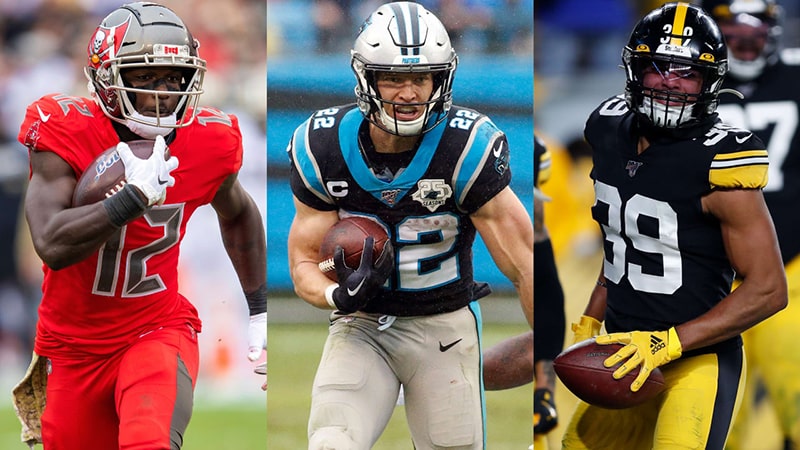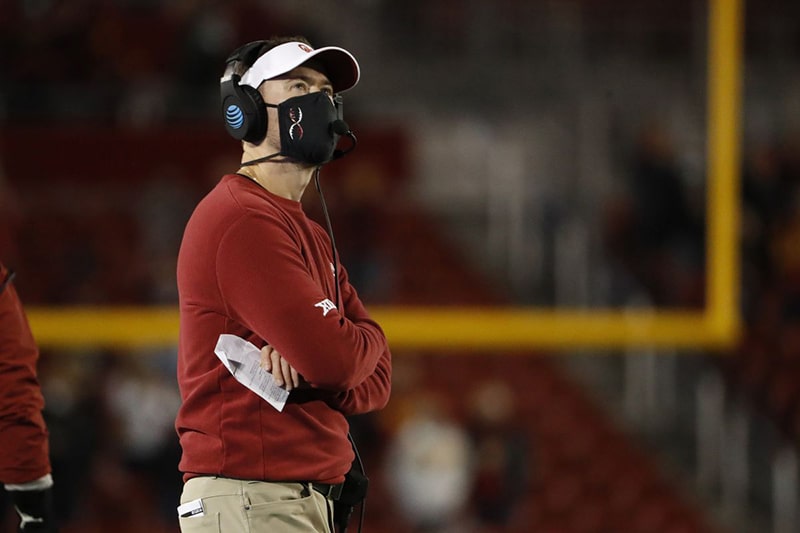
The annual feeding frenzy surrounding the NFL draft serves as a petri dish for lies, rumors and innuendo. One such suspicious report about Oklahoma safety Tony Jefferson came to light Tuesday, as NFL draft site WalterFootball.com produced a thinly sourced nugget supposedly emanating from the chatter around the campfire at Senior Bowl practices:
Scouts are saying that Jefferson has been getting trashed by some of his former coaches for horrible practice habits and a lack of work ethic in the weight room.
I’m not going to pretend to have any special insight into Jefferson or his work habits. I do, however, think this alleged whisper campaign raises an interesting issue regarding transparency between OU’s coaching staff and NFL scouts.
Evaluations of NFL prospects strike me as a tricky dance for both scouts and college coaches alike. On the one hand, coaches have significant incentives to try to inflate their players’ stock. When you see a Sooner walking across the stage on the first night of the draft, it speaks well of the program’s ability to develop prospects for the next level. Additionally, having a reputation as a loyal advocate for your players can only help on the recruiting trail. The flip side holds true, too, in that it opposing coaches can impress upon recruits that Bob Stoops and his staff won’t have their backs.
The expected knee-jerk reaction from fans when we read something like this rumor about Jefferson starts from that side of our brain. In the short term, the end of the recruiting cycle looms large, and the idea of losing committed prospects or losing possible studs over the negative publicity starts to take hold.
Still, that doesn’t negate the benefits of keeping it real.
For starters, by definition, not everyone is above average. If coaches consistently pump sunshine about their players to scouts, their opinions become pretty worthless pretty quickly. And if no one is paying attention to what your coach has to say, it doesn’t matter if he’s your advocate or not.
Even worse, think about what happens when your program develops a reputation for producing overrated players. The market can correct the other way, too.
There’s also the matter of gathering information from the NFL. Scouts rightfully expect a little quid pro quo in their dealings with college staffs. Coaches who just talk puppy dogs and ice cream about their guys will probably have a hard time getting a good read for their own players about their draft stock. That’s not going to help anyone as they decide whether or not to make the leap or consider how best to prepare for workouts, interviews, etc.
Lastly, what message does it send to players in the program if they think the coaches will cover for them? When you know that your coaches will give scouts their honest assessments of your work ethic, that gives you strong motivation to get out of bed for 5 a.m. workouts. Presumably that not only helps the program, but the players’ preparation for the next level as well. (Although I have no doubt that it sucks.)
Do coaches have a right to be vindictive if they so choose? Of course not – just honest. I have no idea what the reality of Jefferson’s situation is and plenty of reason to be suspicious about this report. I certainly hope for his sake that it’s all bunk and if so, that the coaching staff has cleared anything up with him.
As for the next guy working through the OU pipeline: If you don’t

